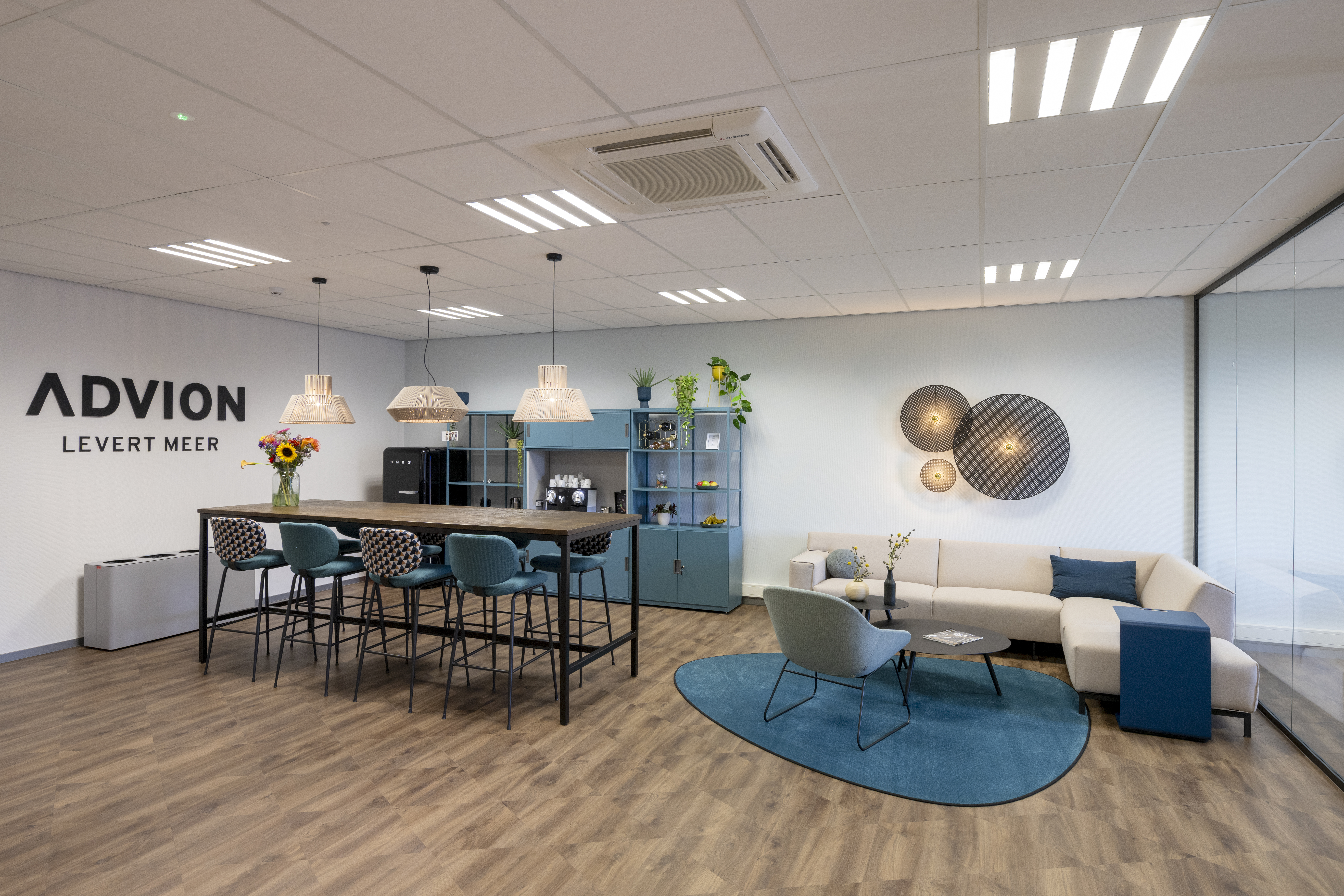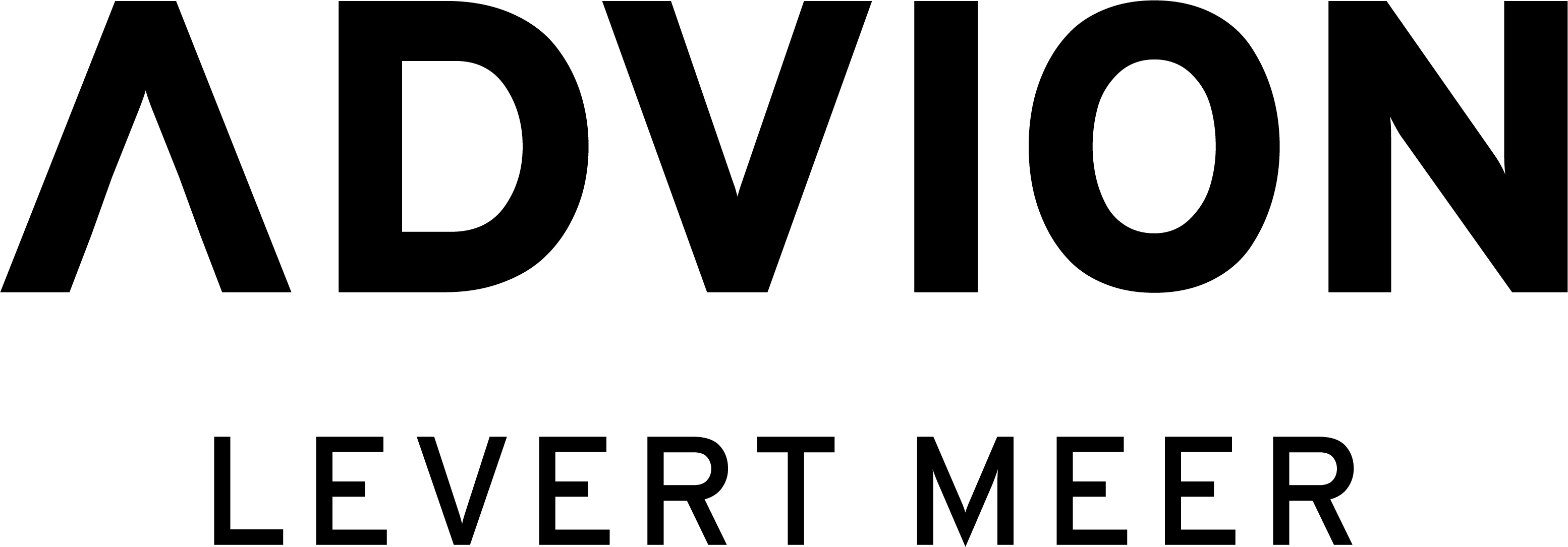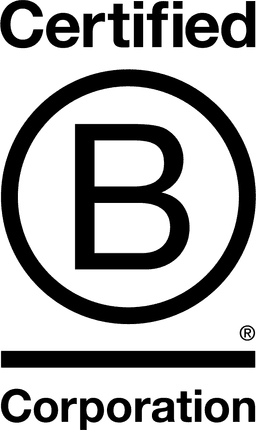

Advion BV

1.6
North Holland, Netherlands The
June 2025
Other/general wholesale trade
Wholesale/Retail
Belgium,
Luxembourg,
Netherlands The
Advion B.V. – The Connecting Link Between A-Brands and Wholesalers At Advion, we believe in the power of connection. As a logistics service provider, we act as the bridge between more than 60 leading A-brand manufacturers and a wide network of wholesalers across the Benelux (The Netherlands, Belgium and Luxemburg). We are more than just a link in the chain – we are specialists in fine-meshed distribution. By intelligently bundling orders from multiple suppliers, we reduce the number of deliveries and contribute to a more efficient and sustainable supply chain. This not only leads to cost savings, but also to fewer transport movements and lower CO₂ emissions. Our product range includes high-quality items in the categories of Personal Care, Home Care, and Food (DKW), giving wholesalers direct access to the most trusted brands on the market. Wholesalers can easily place their orders through our ordering platform, after which Advion consolidates the logistics flows of over 60 suppliers — saving thousands of delivery trips and truck kilometers each year.
Overall B Impact Score
Governance 15.9
Governance evaluates a company's overall mission, engagement around its social/environmental impact, ethics, and transparency. This section also evaluates the ability of a company to protect their mission and formally consider stakeholders in decision making through their corporate structure (e.g. benefit corporation) or corporate governing documents.
What is this? A company with an Impact Business Model is intentionally designed to create a specific positive outcome for one of its stakeholders - such as workers, community, environment, or customers.
Workers 28.8
Workers evaluates a company’s contributions to its employees’ financial security, health & safety, wellness, career development, and engagement & satisfaction. In addition, this section recognizes business models designed to benefit workers, such as companies that are at least 40% owned by non-executive employees and those that have workforce development programs to support individuals with barriers to employment.
Community 14.4
Community evaluates a company’s engagement with and impact on the communities in which it operates, hires from, and sources from. Topics include diversity, equity & inclusion, economic impact, civic engagement, charitable giving, and supply chain management. In addition, this section recognizes business models that are designed to address specific community-oriented problems, such as poverty alleviation through fair trade sourcing or distribution via microenterprises, producer cooperative models, locally focused economic development, and formal charitable giving commitments.
Environment 22.9
Environment evaluates a company’s overall environmental management practices as well as its impact on the air, climate, water, land, and biodiversity. This includes the direct impact of a company’s operations and, when applicable its supply chain and distribution channels. This section also recognizes companies with environmentally innovative production processes and those that sell products or services that have a positive environmental impact. Some examples might include products and services that create renewable energy, reduce consumption or waste, conserve land or wildlife, provide less toxic alternatives to the market, or educate people about environmental problems.
Customers 4.3
Customers evaluates a company’s stewardship of its customers through the quality of its products and services, ethical marketing, data privacy and security, and feedback channels. In addition, this section recognizes products or services that are designed to address a particular social problem for or through its customers, such as health or educational products, arts & media products, serving underserved customers/clients, and services that improve the social impact of other businesses or organizations.